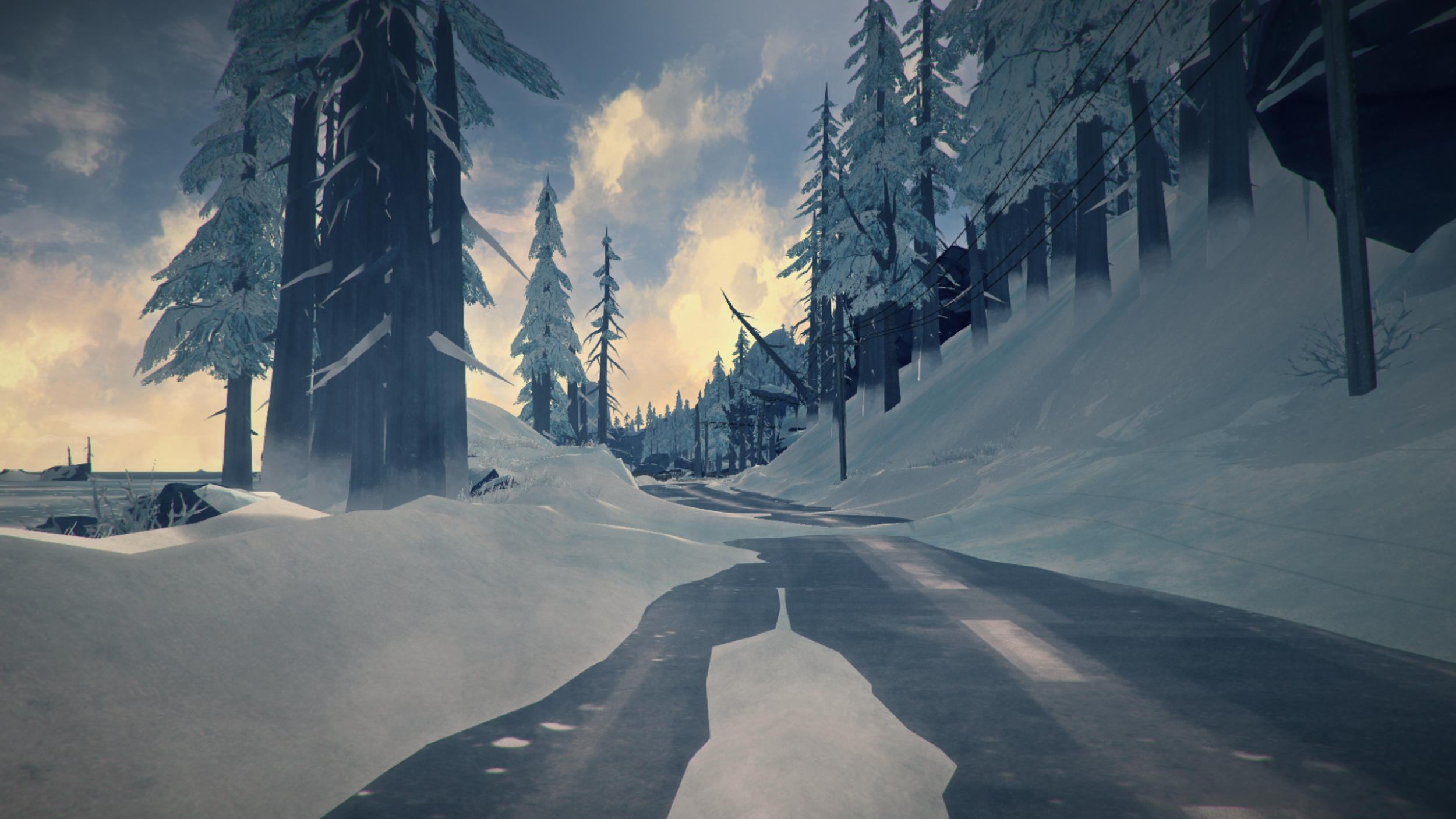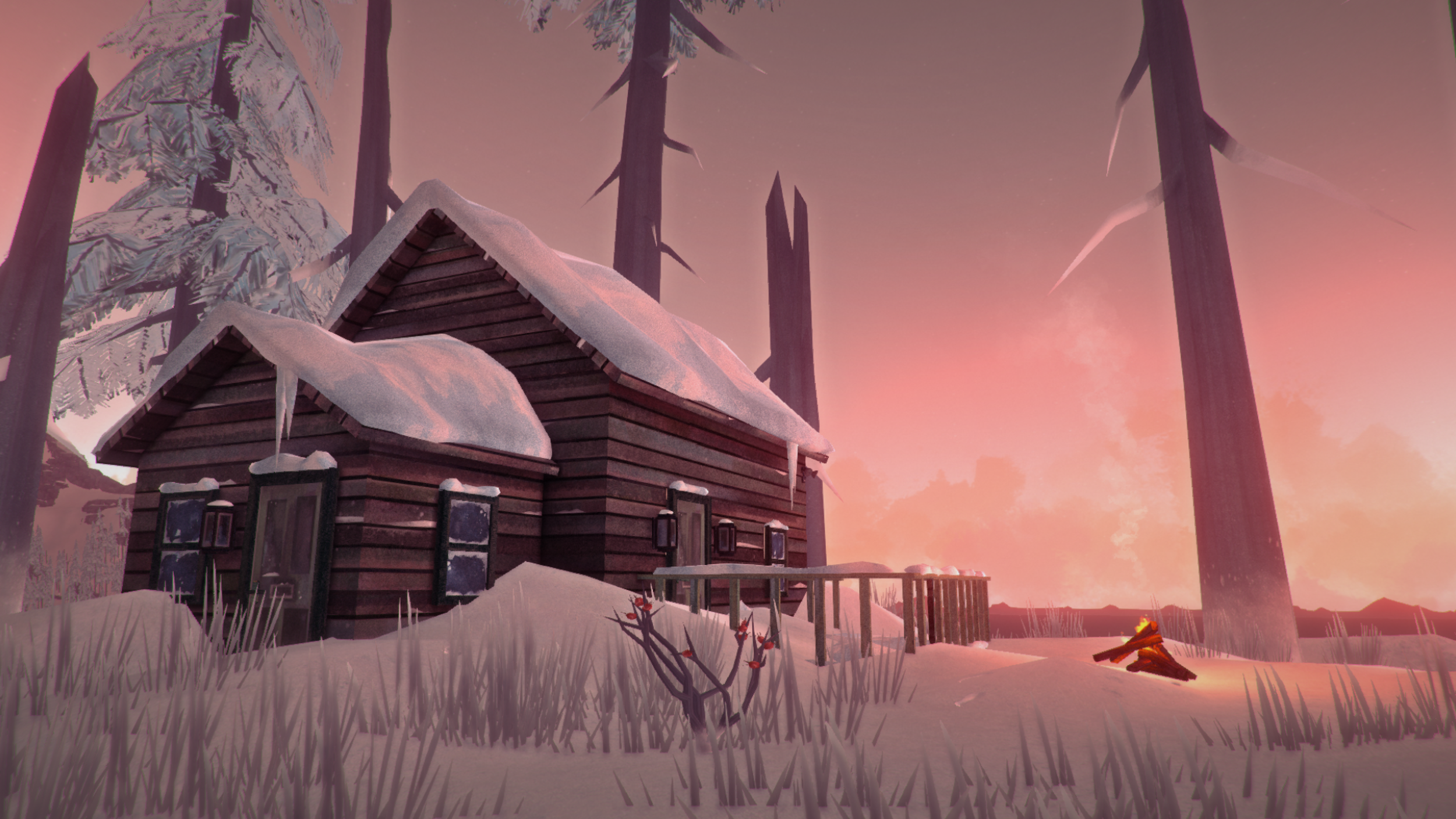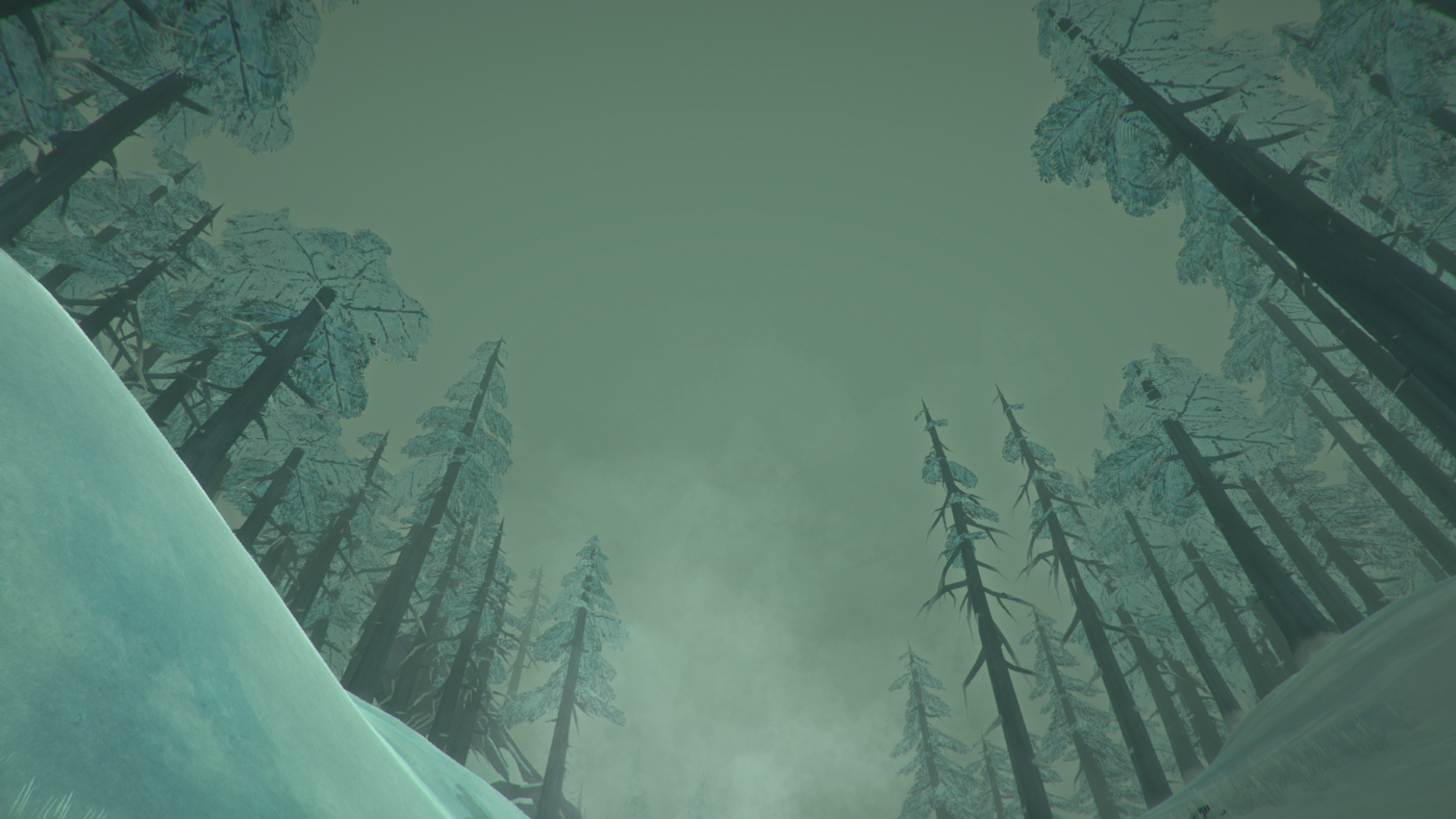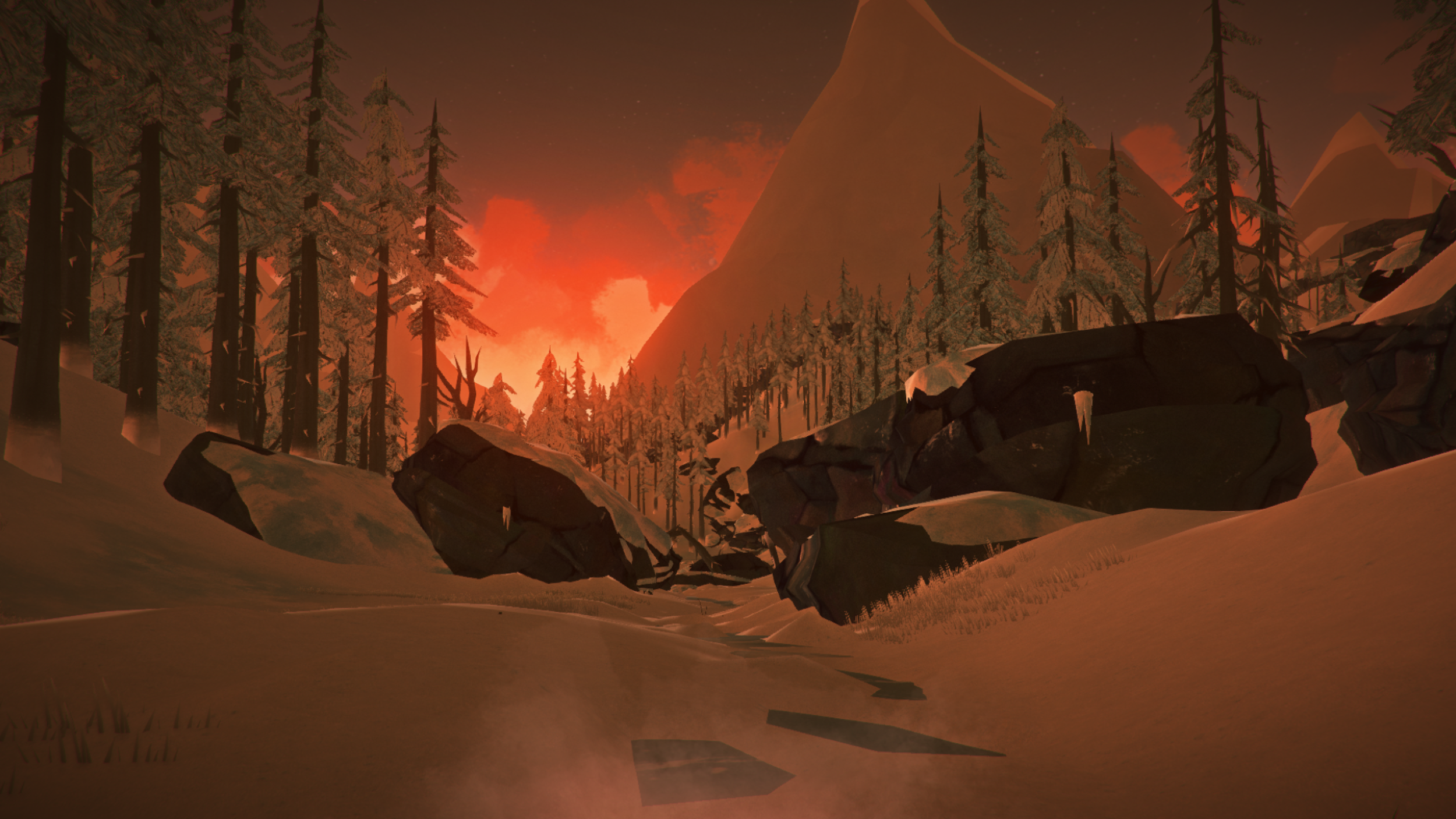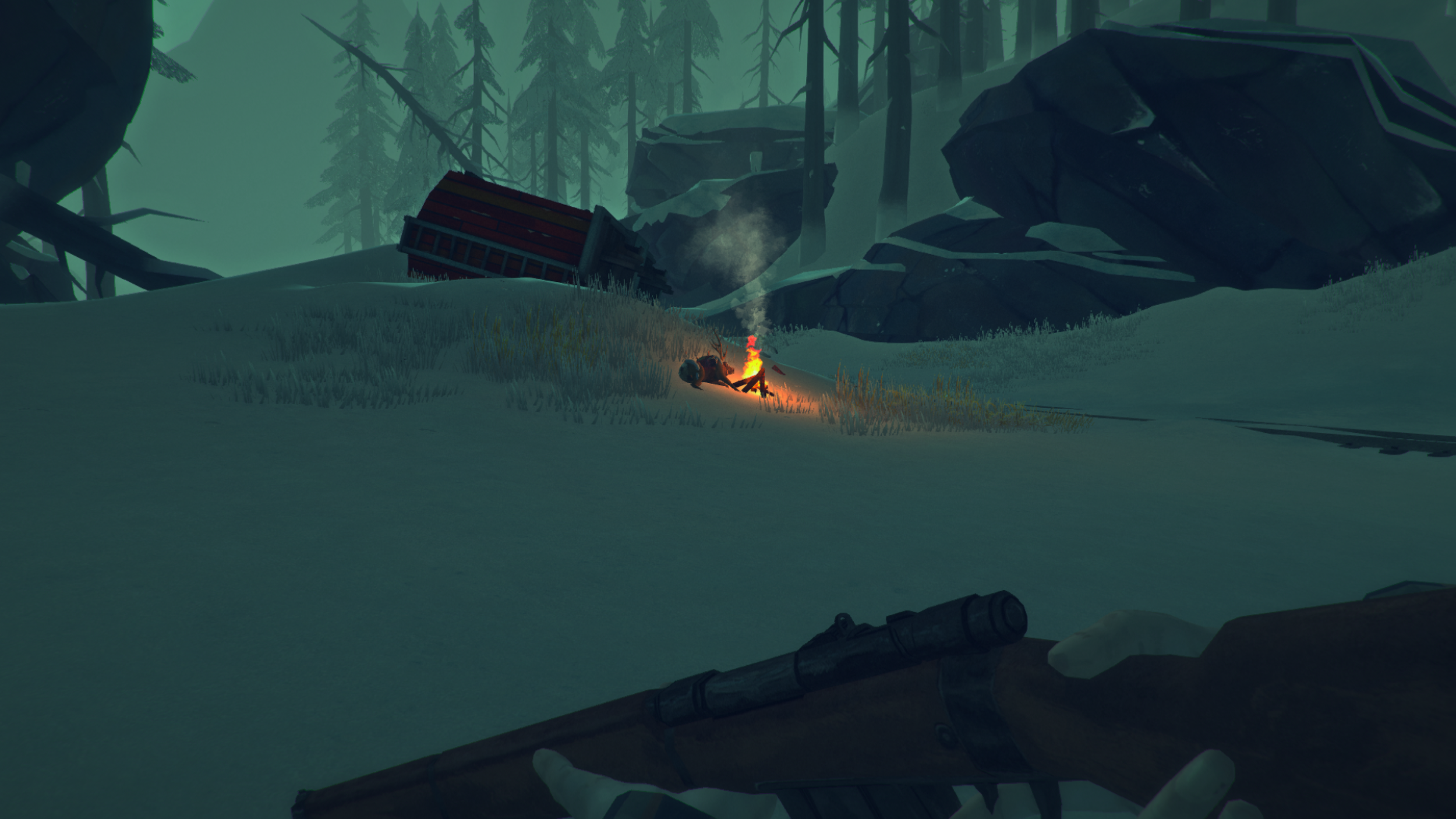Game of Thrones season 7 (contd)
It's time for some Very Important opinions on Game of Thrones' just-concluded seventh season, with full spoilers.
In my last GoT post, I talked about how the show was gradually moving away from being the dark, gritty deconstruction of epic fantasy is started as and toward just being plain epic fantasy. With this most recent episode, that transformation is fully complete.
All of the surviving characters have developed inch-think plot armour, half of them have supernatural powers or near-superhuman combat abilities, there's magic destinies and secret birthrights left and right, and the bad guy is flying around on a zombie dragon that shoots nuclear Godzilla laser-breath. If you mildly toned down the amount of boobs and swearing, you could easily pass this off as an adaptation of a YA novel.
Not that all of this is necessarily a bad thing--because sometimes you've had enough pointless death and misery and just want to see attractive heroes fight scary monster villains with their magic swords--but it does mean that the entire story's priorities are now suspect. Case in point: Jon Snow.
I knew there was something up with Sir Gormsalot as far back as the second season, because he kept making decisions that should have gotten him killed if the same rules that governed everyone else were applied to him (and they did, but then he came back to life). Things got more suspect when the story kept rewarding him despite his being a total dingus: first he became commander of the Night's Watch despite looking about nineteen at the very most, then he was crowned King in the North even though he nearly got all of his friends and allies killed, and now it turns out he's the rightful heir to the Iron Throne and probably the literal Chosen One (and got to sail to the bone zone with Daenerys Targeryan).
Strip away all the surrounding grimdark, and you're left with an absolutely bog-standard fantasy yarn about a mildly downtrodden (but still extremely privileged) youth who rises from a lowly position in life, proves himself, discovers his secret destiny and saves the world while having sex with an attractive woman (who...is actually his aunt, but let's ignore that for now). Unless this is all setup for a spectacularly cruel twist where Jon gets stabbed in the forehead in the first episode of season eight, it feels like a massive betrayal of the show's core principles.
Except it's not, because it turns out all of that grittiness and deconstruction baloney was a smokescreen. This is where the story was always heading: cool, dashing heroes fighting epic battles against zombie laser-dragons.
I for one fully embrace the cheese, and plan to plunge headfirst into the stupidity come season eight.

